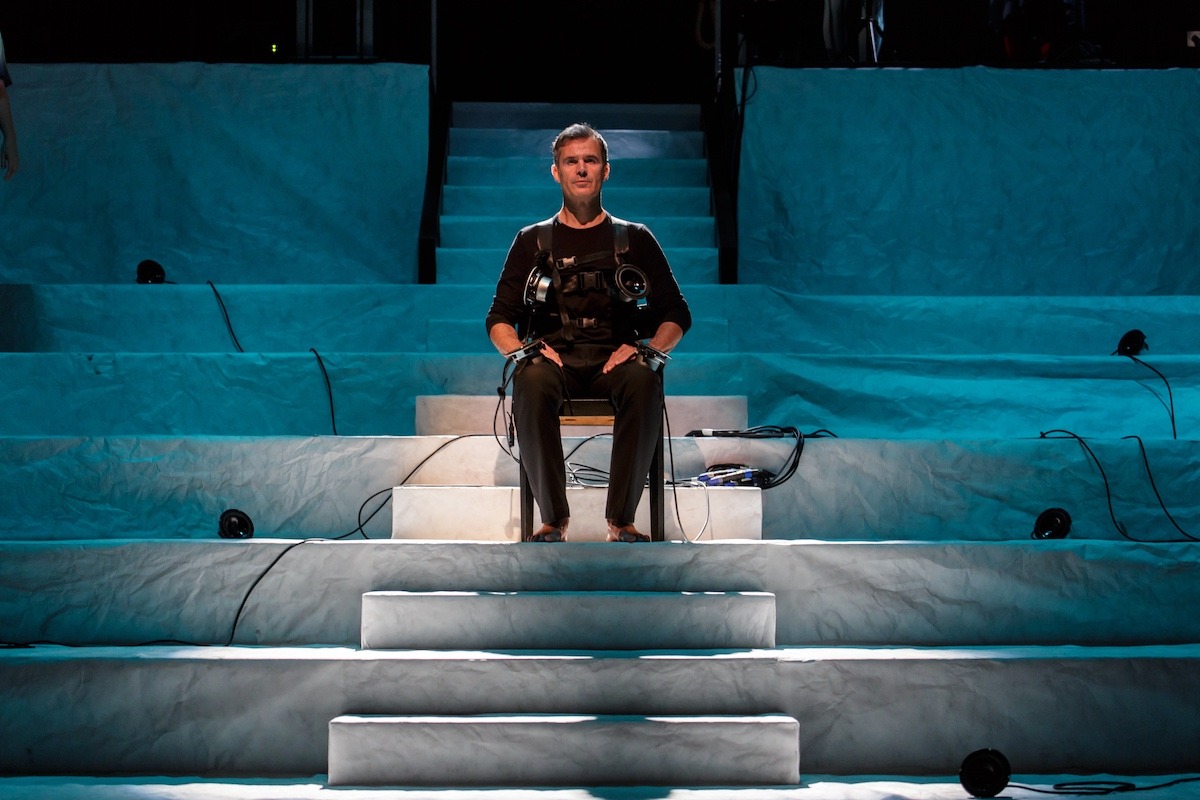
Sirens as male projections of the femme fatale or female longing of seduction?
The thematic basis and content-related starting point for the music theatre works of the 6th Pocket Opera Festival are the first two pages of the 11th chapter from “Ulysses” by James Joyce. This section is an overture to the chapter that Joyce himself calls the “Siren Episode” – in analogy to Homer’s Odyssey. At its centre are the origins and effects of music and song. Joyce’s linguistic play with perception was the impuls for for music theatre as a play with perception. When does song become inescapable and compelling in the scene, as the song of the sirens once was?
“Ulysses” by James Joyce , Chapter 11 – Siren Episode
The events in Ormond Bar
Dublin, 16 June 1904.
Just before four o’clock in the afternoon. Two sirens are behind the bar in the Ormond Hotel. Bronze at Gold. Miss Lydia Douce and Miss Mina Kennedy. Summer warmth outside; heat, I suppose, in Irish terms.
Leopold Bloom, protagonist and Odysseus seeking his way to home port in James Joyce’s “Ulysses”, is stranded in myth.
Since morning he has been travelling in a black suit (he had to attend a funeral in the morning), he is hot because of it.
The Sirens are still alone, drinking tea, telling each other stories that end in giggles and snorts. Behind the bar room is a dining room, next to it the saloon, where concerts sometimes take place and therefore there is also a grand piano. On it is a tuning fork that a blind young piano tuner forgot in the morning.
The setting for a chamber play, where the actors of the Siren episode will shortly arrive, alone, in pairs. Continue reading